Premium Only Content
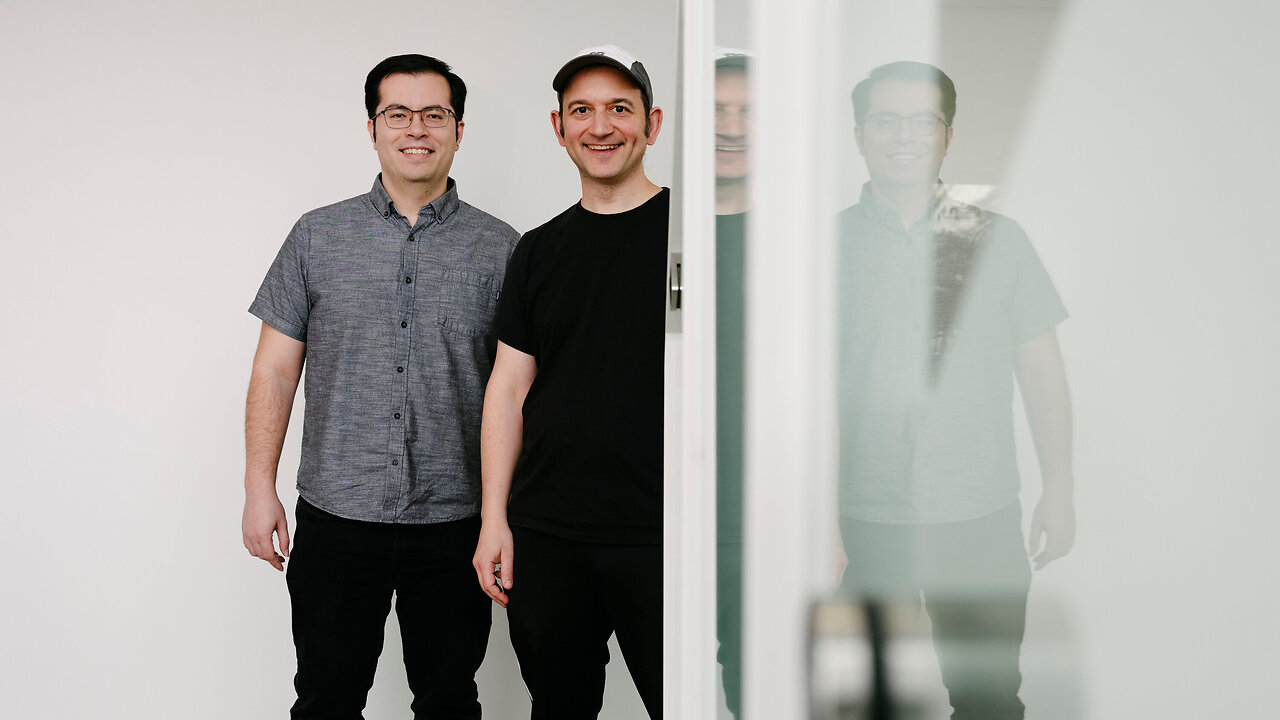
A Blessing and a Boogeyman: Advertisers Warily Embrace A.I. - The New York Times
🥇 Bonuses, Promotions, and the Best Online Casino Reviews you can trust: https://bit.ly/BigFunCasinoGame
A Blessing and a Boogeyman: Advertisers Warily Embrace A.I. - The New York Times
Many ads are easier to make with the fast-improving technology. It also poses a threat to an industry already in flux. A Virgin Voyages campaign using artificial intelligence allowed users to prompt a digital avatar of Jennifer Lopez to issue tens of thousands of customized video invitations to a cruise. Credit... Virgin Voyages July 18, 2023, 5:00 a.m. ET The advertising industry is in a love-hate relationship with artificial intelligence. In the past few months, the technology has made ads easier to generate and track. It is writing marketing emails with subject lines and delivery times tailored to specific subscribers. It gave an optician the means to set a fashion shoot on an alien planet and helped Denmark’s tourism bureau animate famous tourist sites. Heinz turned to it to generate recognizable images of its ketchup bottle, then paired them with the symphonic theme that charts human evolution in the film “2001: A Space Odyssey.” A.I., however, has also plunged the marketing world into a crisis. Much has been made about the technology’s potential to limit the need for human workers in fields such as law and financial services. Advertising, already racked by inflation and other economic pressures as well as a talent drain due to layoffs and increased automation, is especially at risk of an overhaul-by-A.I., marketing executives said. The conflicting attitudes suffused a co-working space in downtown San Francisco where more than 200 people gathered last week for an “A.I. for marketers” event. Copywriters expressed worry and skepticism about chatbots capable of writing ad campaigns, while start-up founders pitched A.I. tools for automating the creative process. “It really doesn’t matter if you are fearful or not: The tools are here, so what do we do?” said Jackson Beaman, whose AI User Group organized the event. “We could stand here and not do anything, or we can learn how to apply them.” Image An “A.I. for marketers” event in San Francisco, organized by the AI User Group, drew more than 200 people. Credit... Kelsey McClellan for The New York Times Image C.C. Gong, the founder of Montage, an A.I. video start-up, spoke at the gathering. Credit... Kelsey McClellan for The New York Times Image A question from the audience during a panel discussion. Credit... Kelsey McClellan for The New York Times Image LoopGenius, an A.I. skills training program, gave a presentation. Credit... Kelsey McClellan for The New York Times Machine learning, a subset of artificial intelligence that uses data and algorithms to imitate how humans learn, has quietly powered advertising for years. Madison Avenue has used it to target specific audiences, sell and buy ad space, offer user support, create logos and streamline its operations. (One ad agency has a specialized A.I. tool called the Big Lebotski to help clients compose ad copy and boost their profile on search engines). Enthusiasm came gradually. In 2017, when the advertising group Publicis introduced Marcel, an A.I. business assistant, its peers responded with what it described as “outrage, jest and negativity.” At last month’s Cannes Lions International Festival of Creativity, the glittering apex of the advertising industry calendar, Publicis got its “I told you so” moment. Around the festival, where the agenda was stuffed with panels about A.I.’s being “unleashed” and affecting the “future of creativity,” the company plastered artificially generated posters that mocked the original reactions to Marcel. “Is it OK to talk about A.I. at Cannes now?” the ads joked. The answer is clear. The industry has wanted to discuss little else since late last year, when OpenAI released its ChatGPT chatbot and set off a global arms race around generative artificial intelligence. McDonald’s asked the chatbot to name the most iconic burger in the world and splashed the answer — the Big Mac — across videos and billboards, drawing A.I.-generated retorts from fast food rivals. Coca-Cola recruited digital artists to generate 120,000 riffs on its brand imagery, including its curved bottle and swoopy logo, using an A.I. platform built in part by OpenAI. Image Coca-Cola’s “Create Real Magic” campaign solicited artwork made using an A.I. platform with access to archival images, including its logo and polar bear mascot. Cr...
-
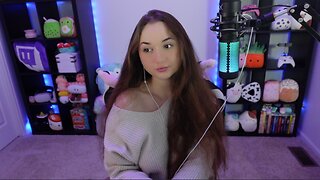 LIVE
LIVE
ttvglamourx
2 hours ago $0.28 earnedPLAYING WITH VIEWERS !DISCORD
81 watching -
 1:21:38
1:21:38
VapinGamers
2 hours ago $0.46 earnedTools of the Trade - EP04 Of Thumbnails and Titles, What's Important? - !rumbot !music
7.4K -
![Mr & Mrs X - [DS] Trafficking Empire – How Epstein Built His Web of Wealth and Deceit:Part 1 - Ep 5](https://1a-1791.com/video/fww1/f0/s8/1/o/k/J/d/okJdz.0kob-small-Mr-and-Mrs-X-DS-Trafficking.jpg) 52:11
52:11
X22 Report
4 hours agoMr & Mrs X - [DS] Trafficking Empire – How Epstein Built His Web of Wealth and Deceit:Part 1 - Ep 5
70.1K17 -
 1:13:18
1:13:18
Wendy Bell Radio
8 hours agoPet Talk With The Pet Doc
42.4K66 -
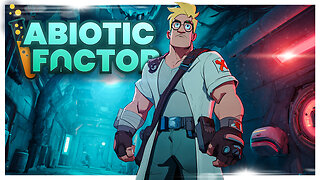 5:54:39
5:54:39
dieseldesigns
6 hours agoExploring Labs In the DARK! // Abiotic factor
3.69K -
 LIVE
LIVE
BBQPenguin_
5 hours agoDragonball Z - The Android Saga
112 watching -
 LIVE
LIVE
Total Horse Channel
5 hours ago2025 URCHA Futurity | Derby & Horse Show | Saturday
33 watching -
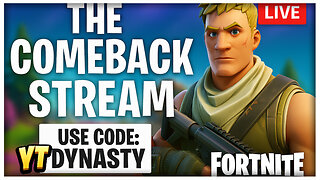 LIVE
LIVE
DynastyXL
5 hours ago🔴LIVE: Fortnite The Comeback Stream Starts Here🎃
52 watching -
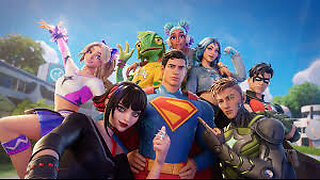 1:38:57
1:38:57
njgaming23
3 hours agoCoffee and Morning vibes #rumbletakeover
9.52K -
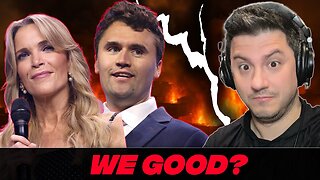 1:09:19
1:09:19
Ami's House
2 days ago $18.19 earnedWhen Defending Israel Backfires: Are We Pushing Our Last Friends Away? With Karys Rhea
181K190